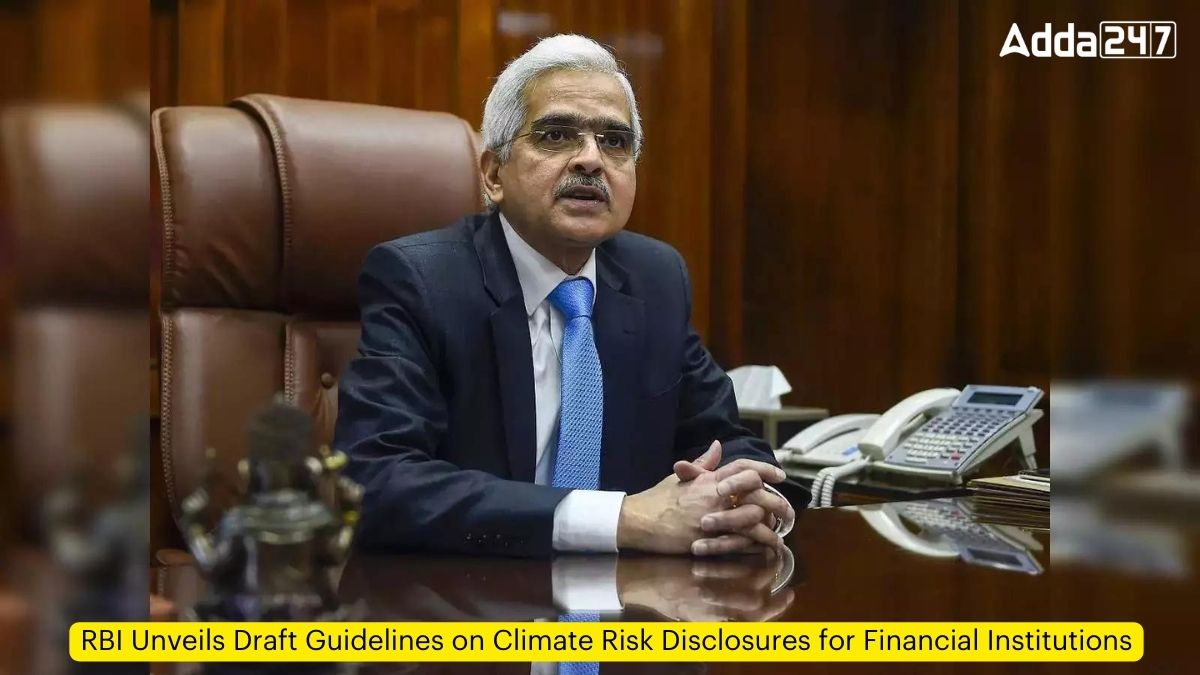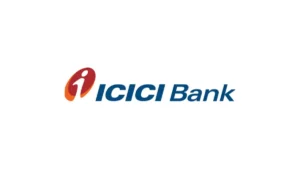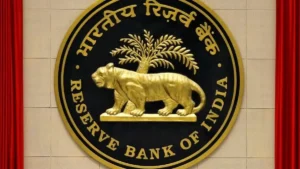Reserve Bank of India (RBI) released draft guidelines outlining a disclosure framework for climate-related financial risks applicable to various regulated entities (REs). These guidelines aim to ensure transparency and better management of climate risks within the financial sector.
Entities Covered
The draft guidelines are set to apply to a wide range of REs, including:
- Scheduled commercial banks
- Tier IV primary urban co-operative banks (UCBs)
- Foreign banks operating in India
- All Indian financial institutions (AIFIs)
- Top and upper layer non-banking financial companies (NBFCs)
REs have been requested to provide their comments and feedback on the guidelines by the end of April.
Alignment with Global Frameworks
The RBI’s move aligns with its commitment to addressing climate risks, as demonstrated by its membership in the Central Banks and Supervisors Network for Greening the Financial System (NGFS) since April 2021.
The guidelines are based on the four thematic pillars of the Task Force on Climate-related Financial Disclosures (TCFD) framework:
- Governance
- Strategy
- Risk Management
- Metrics and Targets
Disclosure Requirements
Under the draft guidelines, REs are required to disclose information related to their ability to identify and manage climate-related financial risks and opportunities within their credit portfolios.
Key disclosure areas include:
- Board oversight and senior management’s role in assessing climate risks
- Identification of climate risks and opportunities across short, medium, and long terms
- Impact of climate risks on REs’ business, strategy, and financial planning
- Portfolio performance on climate-related targets and metrics
Scope of Greenhouse Gas (GHG) Emissions
Aligning with the NGFS guidelines and those of other jurisdictions like Europe, Hong Kong, Singapore, and Australia, the RBI’s requirements encompass measurement and disclosures for Scope 1, Scope 2, and Scope 3 GHG risks.
Glide Path for Disclosures
The RBI has specified a gradual implementation timeline for the disclosures:
- Governance, Strategy, and Risk Management pillars: Disclosure from FY 2025-26 onwards
- Metrics and Targets: Disclosure from FY 2027-28 onwards for commercial banks, AIFIs, and NBFCs, and a year later for UCBs
Implications and Challenges
The disclosures will necessitate significant changes to REs’ current portfolio evaluation and maintenance processes, including:
- Measuring portfolio risks and opportunities
- Using estimations or proxies where data is lacking
- Integrating climate risk into credit risk assessment processes
- Establishing governance frameworks for managing environmental, social, and governance (ESG) risks
- Conducting scenario analysis to evaluate financial risks from climate change
While some banks may begin disclosing ESG-related information in the upcoming fiscal year, establishing the necessary institutional framework should commence promptly. Training staff, operationalizing strategies, and transitioning from planning to execution phases will require comprehensive solutions that can seamlessly integrate into existing banking operations.
The RBI’s draft guidelines mark a significant step towards promoting transparency and better management of climate-related financial risks within the Indian financial sector, aligning with global efforts to address the challenges posed by climate change.




 PhonePe Launches AI-Powered Natural Lang...
PhonePe Launches AI-Powered Natural Lang...
 ICICI’s New Swasthya Pension Scheme: A S...
ICICI’s New Swasthya Pension Scheme: A S...
 RBI’s New Rulebook: UTI Required for All...
RBI’s New Rulebook: UTI Required for All...








